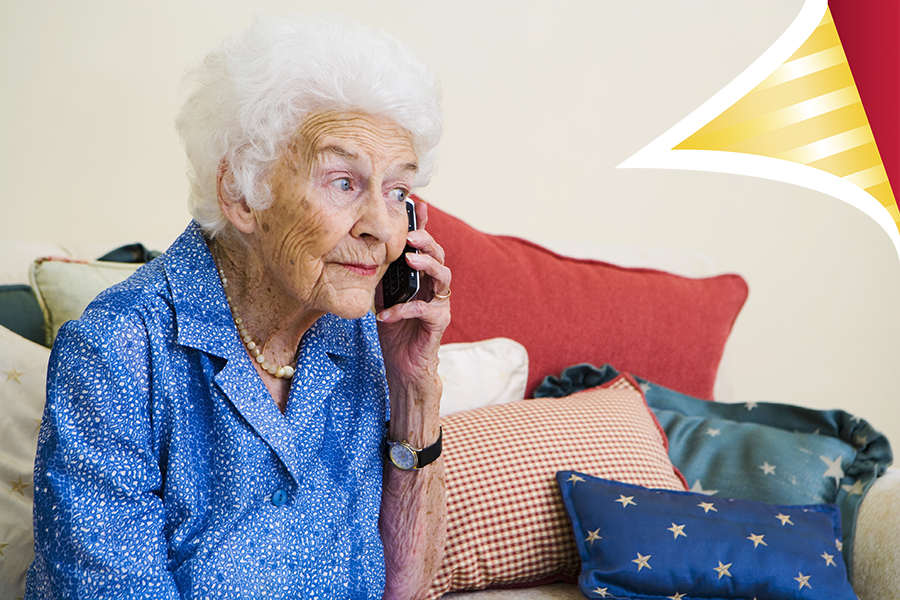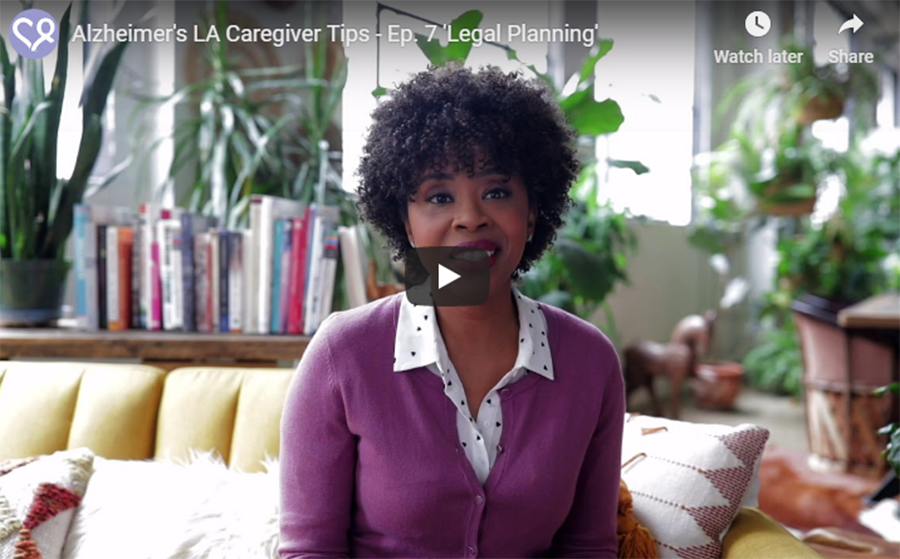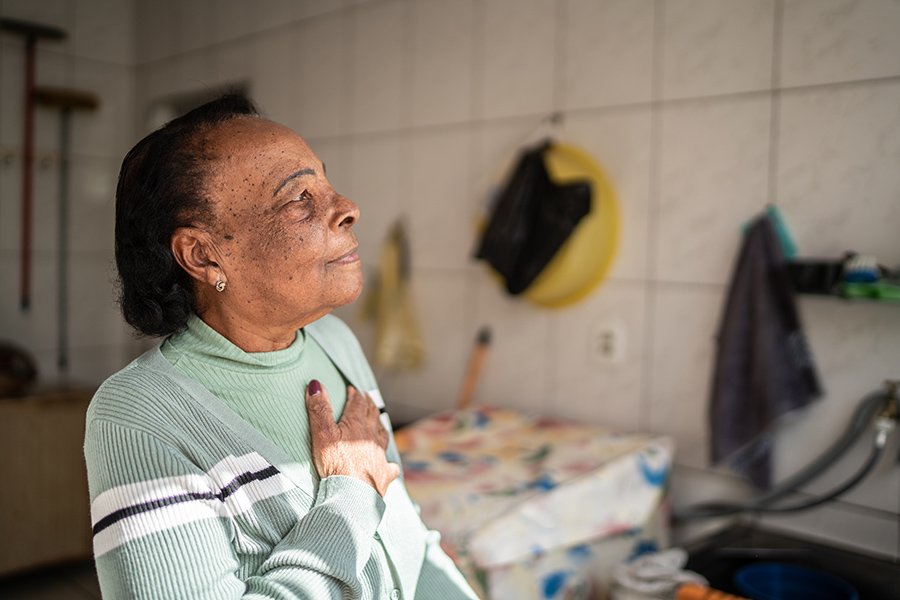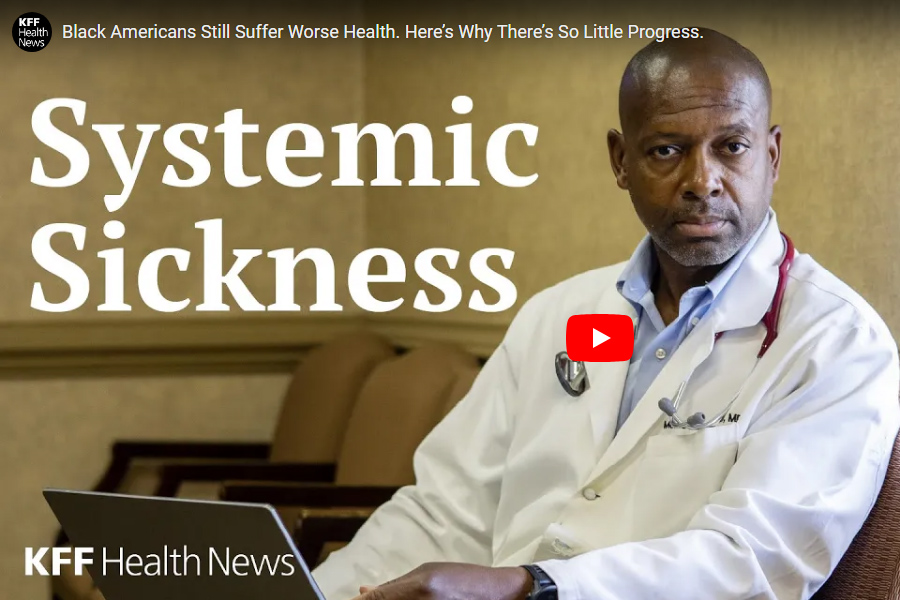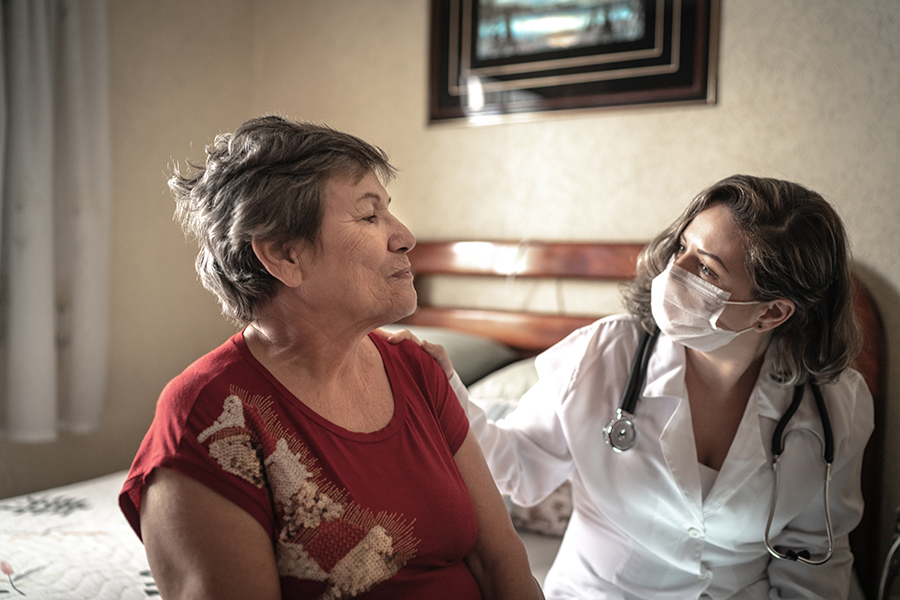Telephone Scam Prevention Tips For Seniors
Telephone scam prevention for seniors is becoming a critical issue in today’s society, as senior citizens are often a prime target for telemarketing schemes. Some of the key reasons why this mature population is regularly pursued by impostors are:
- An impression that seniors have funds sitting in a savings account, ready for the taking
- Seniors are more likely to conduct business and purchases over the phone
- Most seniors are homeowners with higher credit scores and lines of credit
- A trusting, polite nature is a green light for scammers
The National Council on Aging (NCOA) reports the following four examples of telemarketing fraud:
- The fake accident ploy – The con artist claims the senior’s child or another relative is in the hospital and needs money, requiring the distraught party to wire or send money for immediate assistance.
- Charity scam – Typically after a natural disaster, scam artists pose as a fake charity to prey upon sympathy and an urgent need for disaster recovery relief efforts.
- The pigeon drop – The scammer informs the individual that he/she has encountered a large sum of money and is willing to share it if the person will make a “good faith” payment by withdrawing funds from their bank account. Sometimes a second con artist is involved, posing as a banker or attorney, or another trustworthy stranger.
- Funeral scam – The FBI warns of a ploy where scammers read obituaries and/or attend the funeral service of a complete stranger to take advantage of the grieving widow or widower. The scammer calls the victim with a claim that the deceased had an outstanding debt with them.
Telephone scam prevention tips:
- Register your home telephone number on the National “Do Not Call” Registry at donotcall.gov
- Obtain the caller’s name, business identity, telephone number, street address, mailing address, and business license number before considering a transaction
- Inform telephone solicitors you refuse to respond to an offer before seeing everything in writing
- Never give credit card, bank, or any other personal information over the phone
- Do not answer phone calls from unrecognizable numbers
- Be cautious of unsolicited offers and claims of “free gifts” or “prizes”
Resources:
National Council on Aging (ncoa.org)
Federal Bureau of Investigation (fbi.gov/scams-safety/fraud)
Home Instead Senior Care ® Protect Seniors from Fraud ® (www.caregiverstress.com/senior-safety/senior-fraud)
National Committee for the Prevention of Elder Abuse (preventelderabuse.org/elderabuse/fin_abuse.html)






